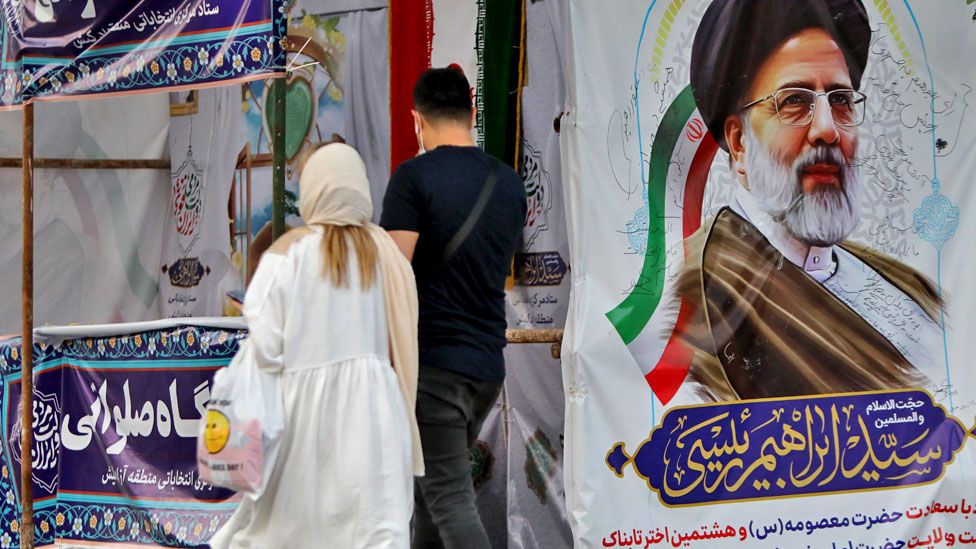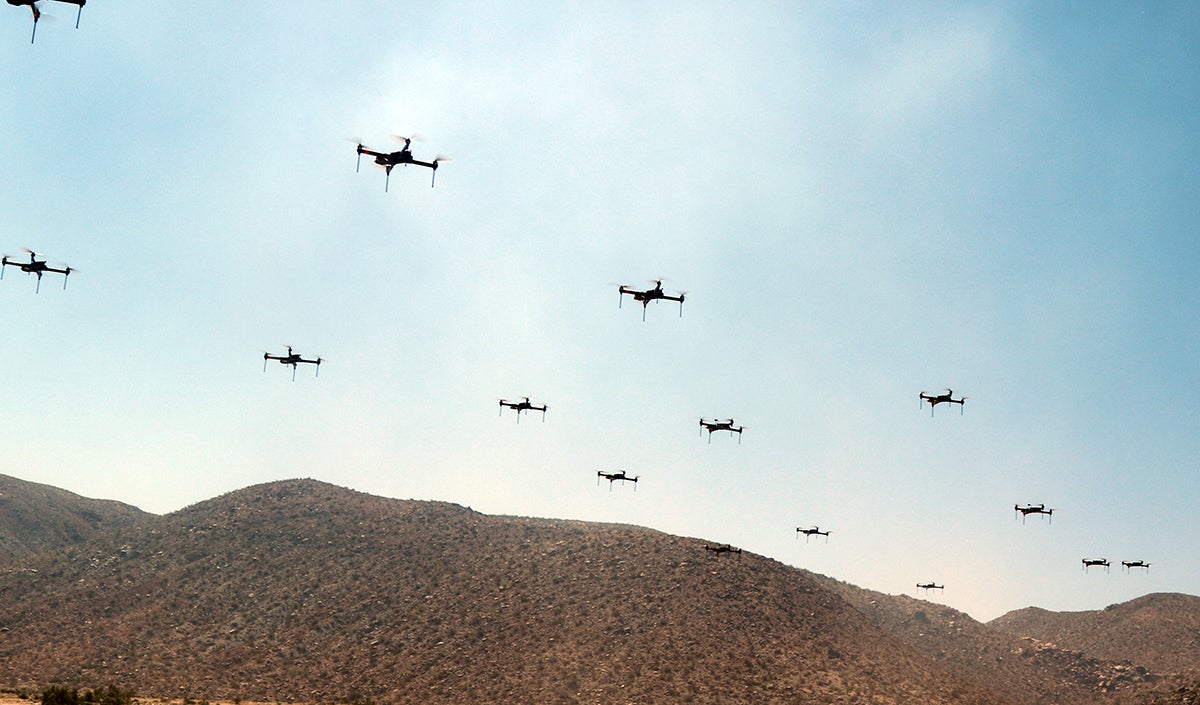Michael Hirsh
In August 2020, the man who is now U.S. President Joe Biden’s deputy national security advisor, Jonathan Finer, co-wrote a privately circulated memo titled “Ending the ‘Forever Wars.’” Written with two others who have since joined the Biden administration, Christine Abizaid and Brett Rosenberg, the memo laid out a detailed program for extricating the United States from the two-decade-long campaign dubbed the “war on terror” that began on 9/11.
Six months into Biden’s presidency, the administration has said little about its longer-term plans in dealing with Islamist terrorist groups around the world, apart from announcing the withdrawal of U.S. troops from Afghanistan. And yet airstrikes by drones and other U.S. kinetic operations in trouble spots around the world, outside conventional battlefields, have dramatically dropped since Biden took office. The president imposed a partial moratorium as his team conducts an intensive review of every aspect of America’s global counterterrorism efforts, which have spread over two decades from Afghanistan post-9/11 to “Iraq, Yemen, Syria, Libya, Somalia, and parts of the Maghreb, Southeast Asia and West and Central Africa,” as the Finer memo notes.
This limited stand-down is happening in spite of rare exceptions like this week’s airstrikes by U.S. F-15s and F-16s on storage facilities used by Iran-backed militias in Iraq.














